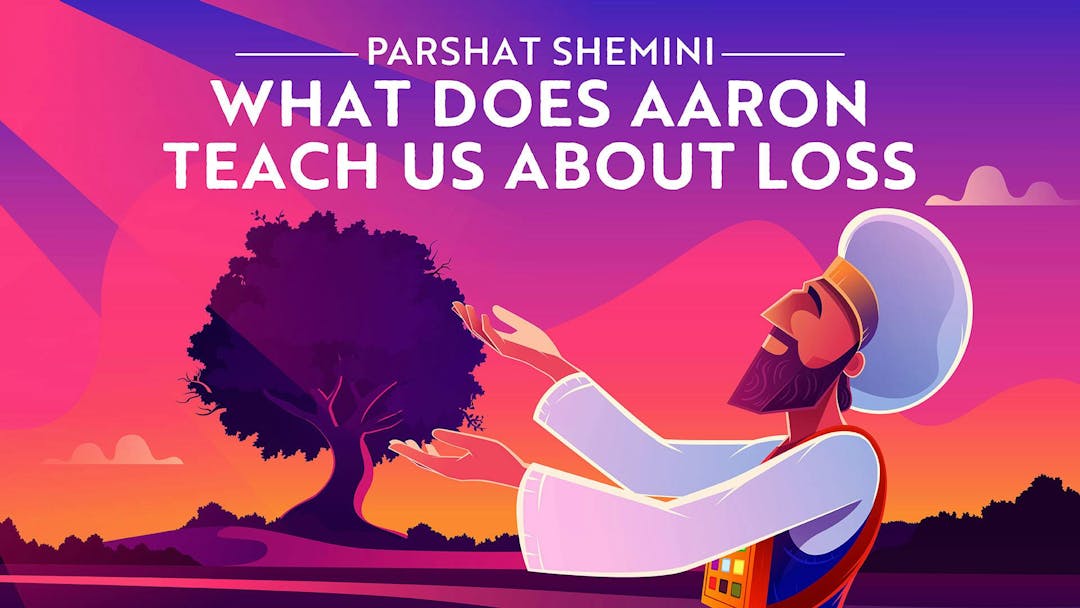Start your free trial today to unlock the full library and enjoy unlimited and uninterrupted access.
Get StartedThe Untold "Backstory" Of Nadav And Avihu
Making Sense Of Nadav And Avihu's Death
The death of Aaron’s sons, Nadav and Avihu, is one of the most tragic and mystifying stories in the entire Torah. They were bringing a fiery sacrifice to God – and God struck them dead.
Most people who study this story tend to get stuck on the question: “What did they do wrong?? I thought sacrificing to God was a good thing!”
But there’s one other question that gets much less attention — but is just as important: Why Nadav and Avihu? What motivated them to pick up their fire pans on that day and rush towards the Mishkan? You don’t see anyone else trying to do that.
Does the Torah offer us an answer? Surprisingly, it does. To find it, you have to study Nadav and Avihu’s backstory.
What, you didn’t know that they had a backstory? Few people realize that Parshat Shemini is not the first time that we meet Nadav and Avihu. We met them in the Book of Exodus, where they had a life-changing experience — an experience that, ultimately, led them to their deaths.
Join Beth Lesch as she explores Nadav and Avihu’s backstory — and cautions us against repeating Nadav and Avihu’s fatal mistake.
To watch the ''Why Did God Reject Nadab And Abihu?'' video course, click here.
Want to watch the full video for free?
Enter your email and we’ll send you a link to watch the full series free.
What is Aleph Beta?
Aleph Beta is a unique kind of Torah library. Led by our founder, Rabbi David Fohrman, we are dedicated to high-level, textual Torah learning for adults that is intellectually and spiritually sophisticated, that enlivens your Jewish practice and helps you forge a deeper connection to God. Whether you’ve been learning in yeshiva for years or you’re just beginning your Torah journey, you’re sure to find something meaningful and surprising waiting for you here.
Browse our library of over 1,000 beautifully produced animated videos, podcasts, deep dive courses, and printable guides. Topics include the weekly parsha, Jewish holidays & fast days, laws & mitzvot, prayers, relationships, big philosophical ideas and more. Have something to say at the Shabbos table that will amaze your family and guests and bring deep meaning into their lives.











